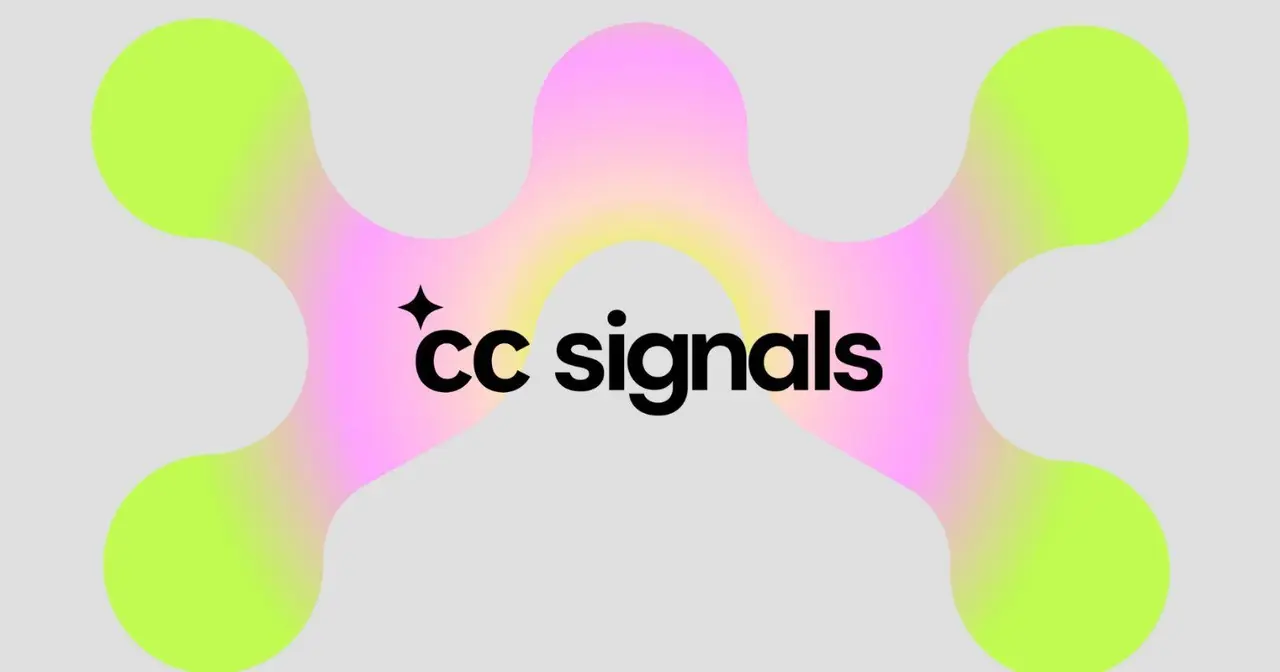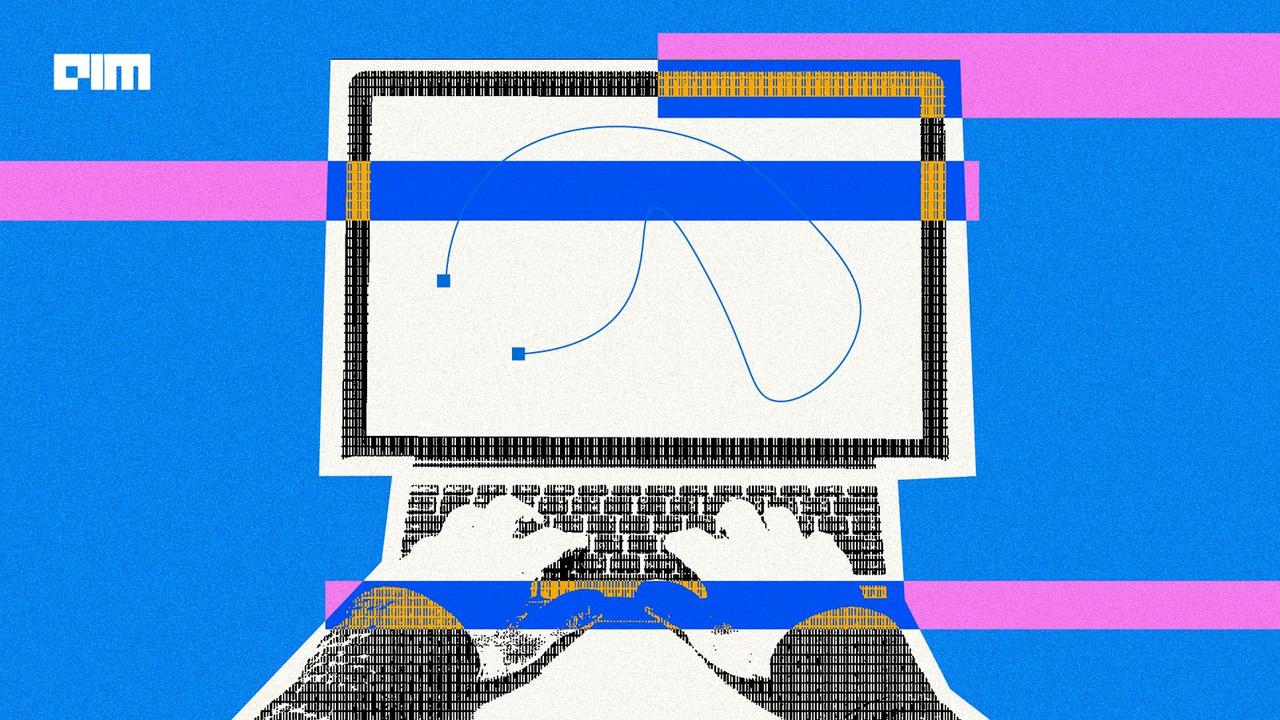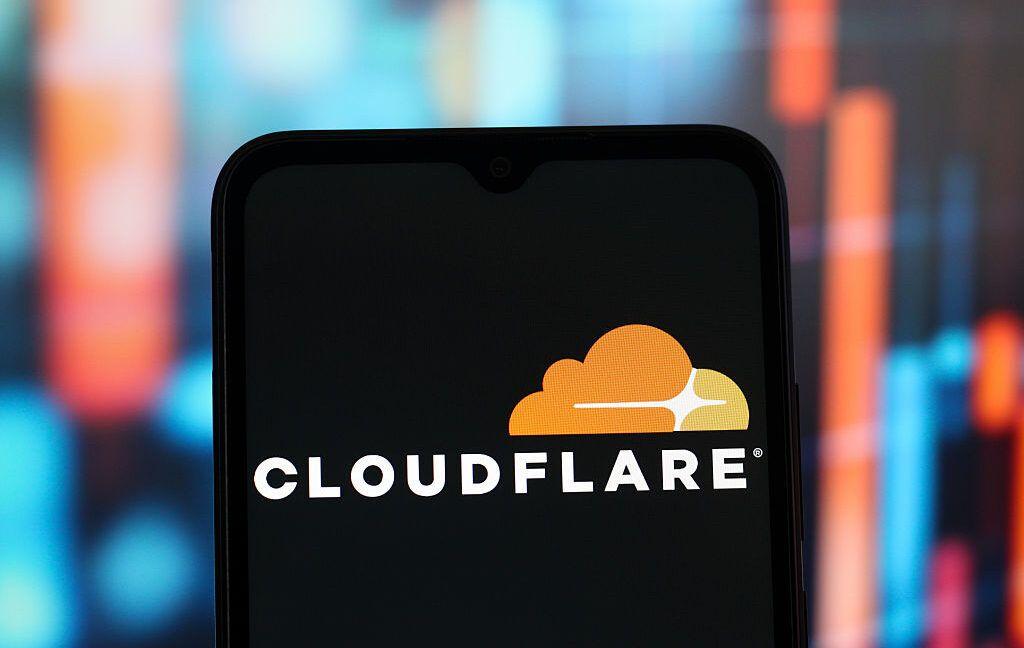Creative Commons Unveils CC Signals: A Framework for Ethical AI Data Usage
4 Sources
4 Sources
[1]
Creative Commons debuts CC signals, a framework for an open AI ecosystem | TechCrunch
Nonprofit Creative Commons, which spearheaded the licensing movement that allows creators to share their works while retaining copyright, is now preparing for the AI era. On Wednesday, the organization announced the launch of a new project, CC signals, which will allow dataset holders to detail how their content can or cannot be reused by machines, as in the case of training AI models. The idea is meant to create a balance between the open nature of the internet and the demand for ever more data to fuel AI. As Creative Commons explains in a blog post, the continued data extraction underway could erode openness on the internet and could see entities walling off their sites or guarding them with paywalls, instead of sharing access to their data. The CC signals project, on the other hand, aims to provide a legal and technical solution that would provide a framework for dataset sharing meant to be used between those who control the data and those who use it to train AI. Demand is increasing for such a tool, as companies grapple with changing their policies and terms of service to either limit AI training on their data or explain to what extent they'll use users' data for purposes related to AI. For instance, X initially made a change that allowed third parties to train their models on its public data, then later reversed that. Reddit is using its robots.txt file, which is meant to tell automated web crawlers whether they can access its site, to restrict bots from scraping its data for training AI. Cloudflare is looking toward a solution that would charge AI bots for scraping, as well as tools for confusing them. And open source developers have also built tools to slow down and waste the resources of AI crawlers that didn't respect their "no crawl" directives. The CC signals project instead proposes a different solution: a set of tools that offers a range of legal enforceability, but all of which have an ethical weight to them, similar to the CC licenses that today cover billions of openly licensed creative works online. "CC signals are designed to sustain the commons in the age of AI," said Anna Tumadóttir, Creative Commons CEO, in an announcement. "Just as the CC licenses helped build the open web, we believe CC signals will help shape an open AI ecosystem grounded in reciprocity." The project is only now beginning to take shape. Early designs have been published on the CC website and GitHub page. The organization is actively seeking public feedback ahead of its plans for an alpha launch (early test) in November 2025. It will also host a series of town halls for feedback and questions.
[2]
Creative Commons Launches 'CC Signals' to Help Photographers Control AI Use of Their Images
Creative Commons has launched a new framework that allows data holders -- including photographers -- to specify how their content can or cannot be reused by machines, such as in the training of AI models. Creative Commons, the nonprofit organization known for its open licenses that enable people to share and reuse content, such as photos, writing, and music, while retaining copyright, is now turning its attention to the challenges and opportunities presented by the AI era. In a blog post on Wednesday, Creative Commons announced the launch of a framework called "CC Signals" to allow individuals who own data such as images to clearly express how they want that data to be used by AI -- especially by the companies training AI systems. Inspired by the same principles that shaped Creative Commons' open licensing system, which has been used on billions of works online, the nonprofit says the new tool will offer a limited set of clear options for reuse, with an emphasis on transparency and ethical practice. "CC signals are designed to sustain the commons in the age of AI," Anna Tumadóttir, CEO of Creative Commons, says in the blog post. "Just as the CC licenses helped build the open web, we believe CC signals will help shape an open AI ecosystem grounded in reciprocity." The organization's launch of the project coincides with a growing debate about how AI models are trained and the role that publicly available content should play. Creative Commons positions CC Signals as a middle-ground alternative to unrestricted data harvesting and closed, paywalled systems on the internet. "If we are committed to a future where knowledge remains open, we need to collectively insist on a new kind of give-and-take," Sarah Hinchliff Pearson, General Counsel of Creative Commons, says in the announcement. "A single preference, uniquely expressed, is inconsequential in the machine age. But together, we can demand a different way." The CC Signals project is actively seeking public feedback and input over the next few months as they work toward an alpha launch in November 2025. More information about CC signals and early design decisions are available on the Creative Commons website.
[3]
Creative Commons introduces CC Signals framework for AI data use - SiliconANGLE
Creative Commons introduces CC Signals framework for AI data use Creative Commons has previewed an upcoming framework designed to help creators manage how artificial intelligence models use their content. The framework, which is called CC Signals, debuted on Wednesday. Creative Commons is a nonprofit that helps creators license their works to others. It provides a half dozen ready-to-use licenses that can be applied to text, images and other files. Some of the licenses allow the the content to which they're attached to be distributed and modified at no charge, while others implement usage restrictions. The new CC Signals framework will allow creators to publish a document that specifies how AI models may and may not use their content. This document will "range in enforceability, legally binding in some cases and normative in others," Creative Commons staffers noted in a blog post. The reason is that the extent to which creators can limit AI models' use of their works varies by jurisdiction. In an early draft of CC Signals published its website, Creative Commons detailed that the framework will include four content usage stipulations. Each one sets forth a different set of requirements for how AI models may interact with a file. CC Signals will allow creators to apply up to two of the four stipulations to a given file. The first clause specifies that AI models must credit the content they use. "For now, at a minimum, we expect this signal to require citation of the training dataset by the reuser," reads the draft of the CC Signals specification. Additionally, services such as chatbots will be expected to cite the content they reference in prompt responses and provide a link. Using CC Signals, creators can also indicate that they expect compensation from AI developers who use their work. That compensation may take several forms. CC Signals will allow for monetary or in-kind contributions to a file's creators, as well as to the broader "ecosystem from which you are benefiting." Rounding out the CC Signals draft is a stipulation that only permits a file to be used by open-source AI models. According to Creative Commons, there will be support multiple definitions of open-source AI. Content creators may require that a neural network's weights be available under a free license. They can also go further and mandate that the tooling with which the algorithm was developed be open-source as well. Creative Commons detailed that the current iteration of CC Signals is the fruit of a multiyear effort. Over the next few months, the nonprofit will collect feedback from interested parties on how the framework can be improved. An alpha version of CC Signals will be released in November.
[4]
Creative Commons Proposes CC Signals for AI-Era Content Sharing | AIM
A new licensing system is emerging for the era of AI-enabled content. Creative Commons (CC) has launched a new initiative called 'CC Signals' to help data holders express how their content can be reused by AI systems, marking a pivotal move in shaping norms for the age of machine learning. The CC Signals project is intended as a modern counterpart to the traditional Creative Commons licenses. It introduces a preference signalling framework for datasets, especially those used to train AI models, grounded in reciprocity, shared benefit, and openness. "CC signals are designed to sustain the commons in the age of AI," Anna Tumadóttir, CEO of Creative Commons, said. "Just as the CC licenses helped build the open web, we believe CC signals will help shape an open AI ecosystem grounded in reciprocity." Unlike traditional licences, CC Signals are envisioned as a mix of legal and normative tools, with both machine and human-readable elements. These signals won't always be legally enforceable but will carry ethical and social weight, reflecting the idea of mutual exchange in a data-driven world. Sarah Hinchliff Pearson, general counsel at Creative Commons, highlighted the collective value of the initiative. "A single preference, uniquely expressed, is inconsequential in the machine age. But together, we can demand a different way." The project is now entering a public feedback phase, with an alpha release planned for November 2025. CC has published early design documents and opened up discussions on GitHub, inviting contributors to review the technical implementation, submit issues, and participate in community town halls. As AI systems continue to reshape the boundaries of content usage, CC Signals offers a middle path, neither fully extractive nor entirely closed, intended to keep knowledge open while respecting the intent of its creators.
Share
Share
Copy Link
Creative Commons introduces CC Signals, a new framework designed to help content creators specify how their data can be used by AI systems, balancing openness with ethical considerations in the age of machine learning.
Creative Commons Introduces CC Signals
Creative Commons, the nonprofit organization known for its open licensing system, has unveiled a new framework called CC Signals. This initiative is designed to address the challenges posed by artificial intelligence (AI) and its increasing demand for data
1
.Purpose and Design of CC Signals
CC Signals aims to provide a balanced approach to data sharing in the AI era. It allows dataset holders to specify how their content can or cannot be used by machines, particularly in training AI models. The framework is designed to offer a range of legal enforceability, with all options carrying ethical weight
1
.
Source: PetaPixel
Anna Tumadóttir, CEO of Creative Commons, stated, "CC signals are designed to sustain the commons in the age of AI. Just as the CC licenses helped build the open web, we believe CC signals will help shape an open AI ecosystem grounded in reciprocity"
2
.Key Features of CC Signals
The framework includes four main content usage stipulations:
-
Attribution: Requires AI models to credit the content they use, including citing the training dataset and providing links in prompt responses
3
. -
Compensation: Allows creators to expect monetary or in-kind contributions from AI developers using their work
3
. -
Open-source restriction: Permits content to be used only by open-source AI models, with varying definitions of "open-source"
3
. -
Customizable usage: Creators can apply up to two of these stipulations to a given file
3
.
Related Stories
Implementation and Future Plans
The CC Signals project is currently in its early stages. Creative Commons has published initial designs on its website and GitHub page, actively seeking public feedback
1
. The organization plans to launch an alpha version in November 2025 and will host a series of town halls for feedback and questions4
.Impact on the AI Ecosystem
CC Signals is positioned as a middle-ground solution between unrestricted data harvesting and closed, paywalled systems. It aims to create a balance between the open nature of the internet and the growing demand for data to fuel AI development
1
.
Source: AIM
Sarah Hinchliff Pearson, General Counsel of Creative Commons, emphasized the collective power of the initiative: "A single preference, uniquely expressed, is inconsequential in the machine age. But together, we can demand a different way"
2
.As AI continues to reshape content usage boundaries, CC Signals offers a potential solution to keep knowledge open while respecting creators' intentions, potentially shaping the future of AI development and data sharing practices.
References
Summarized by
Navi
[2]
Related Stories
Publishers Deploy New Licensing Standard to Make AI Crawlers Pay for Content Scraping
09 Dec 2025•Policy and Regulation

New 'Really Simple Licensing' Protocol Aims to Revolutionize AI Content Usage
10 Sept 2025•Technology

Adobe Unveils Content Authenticity Web App to Protect Artists' Work from AI Scraping
08 Oct 2024•Technology

Recent Highlights
1
ByteDance's Seedance 2.0 AI video generator triggers copyright infringement battle with Hollywood
Policy and Regulation

2
Demis Hassabis predicts AGI in 5-8 years, sees new golden era transforming medicine and science
Technology

3
Nvidia and Meta forge massive chip deal as computing power demands reshape AI infrastructure
Technology





